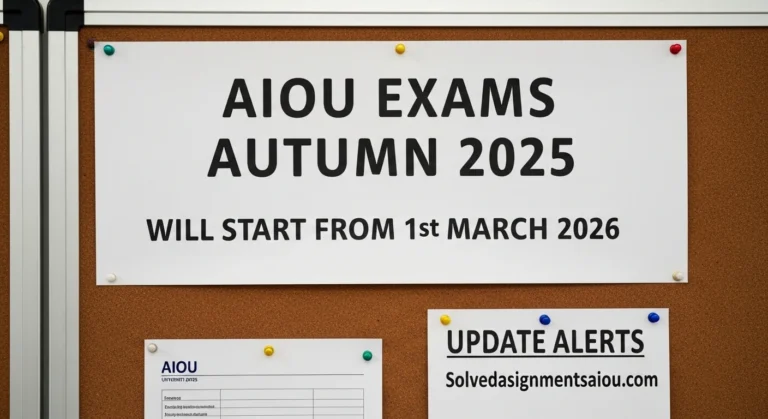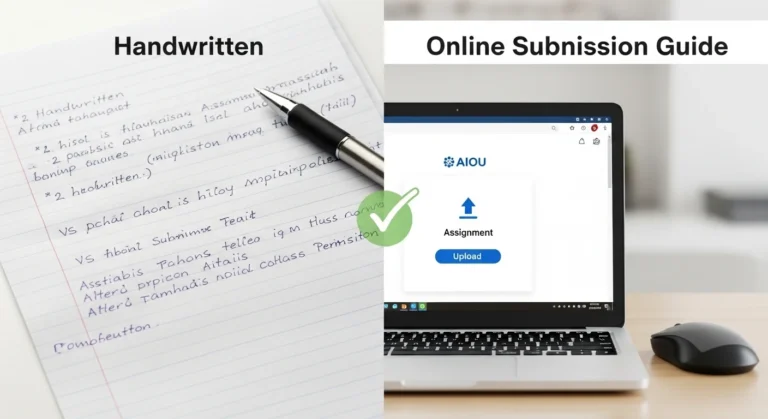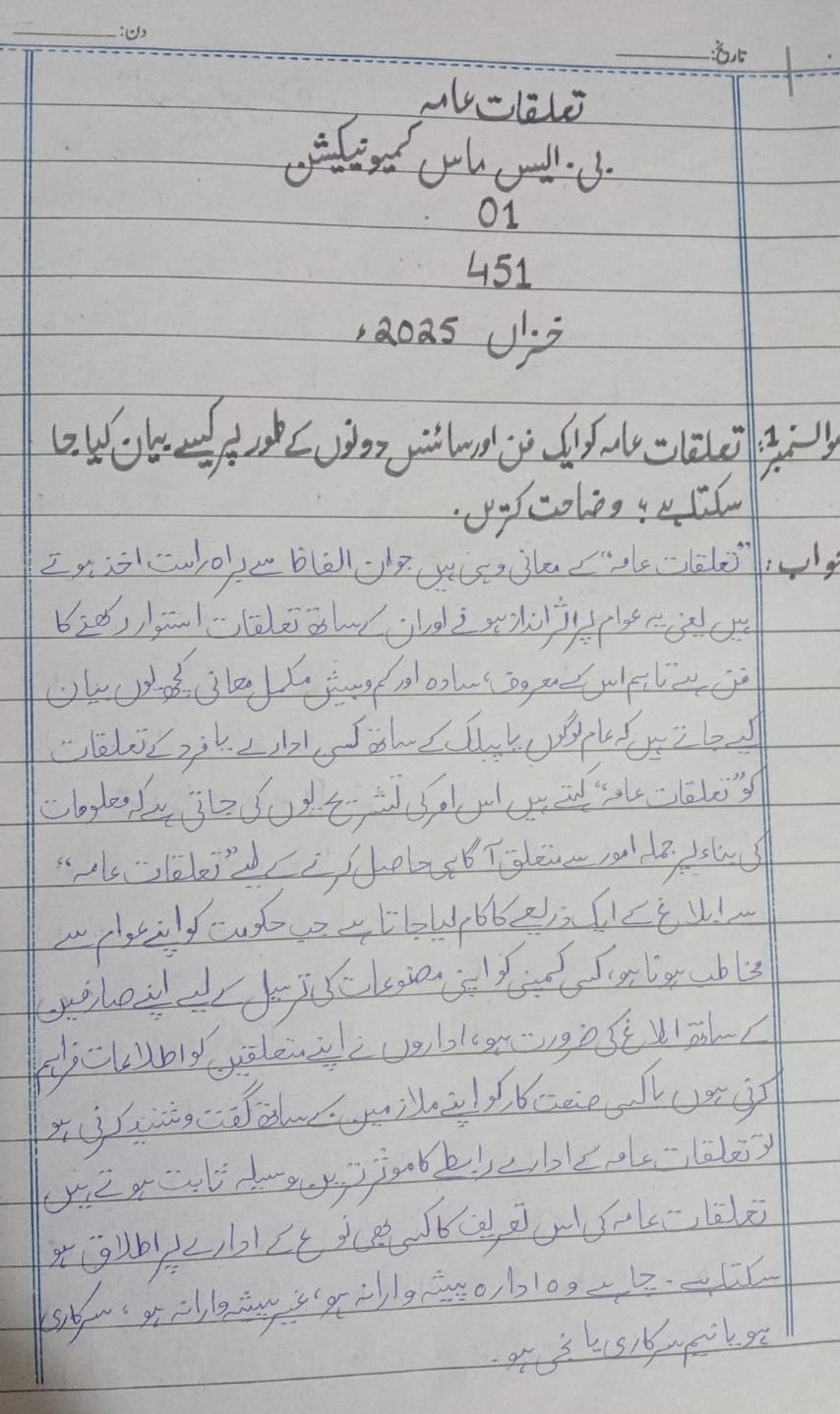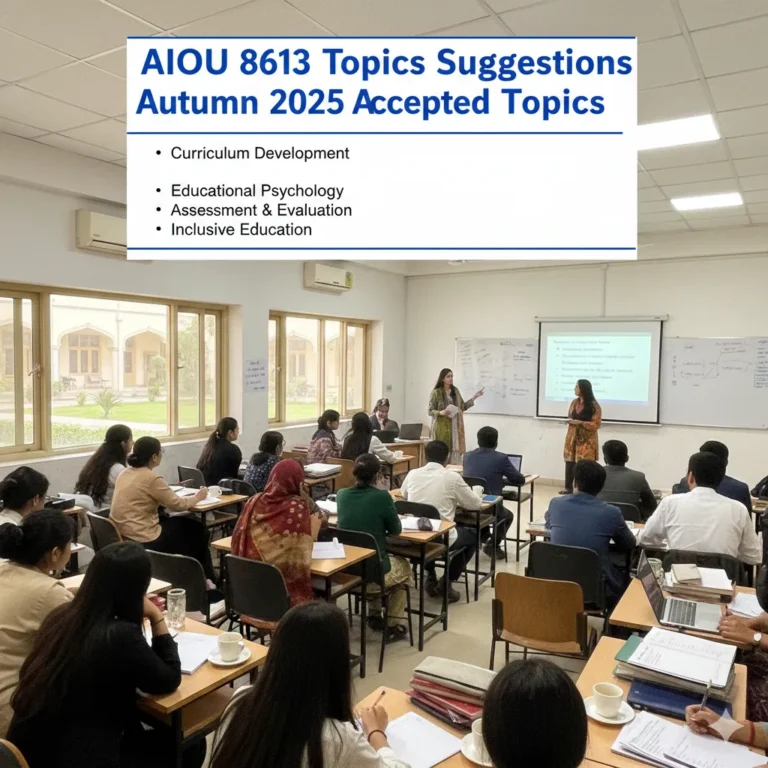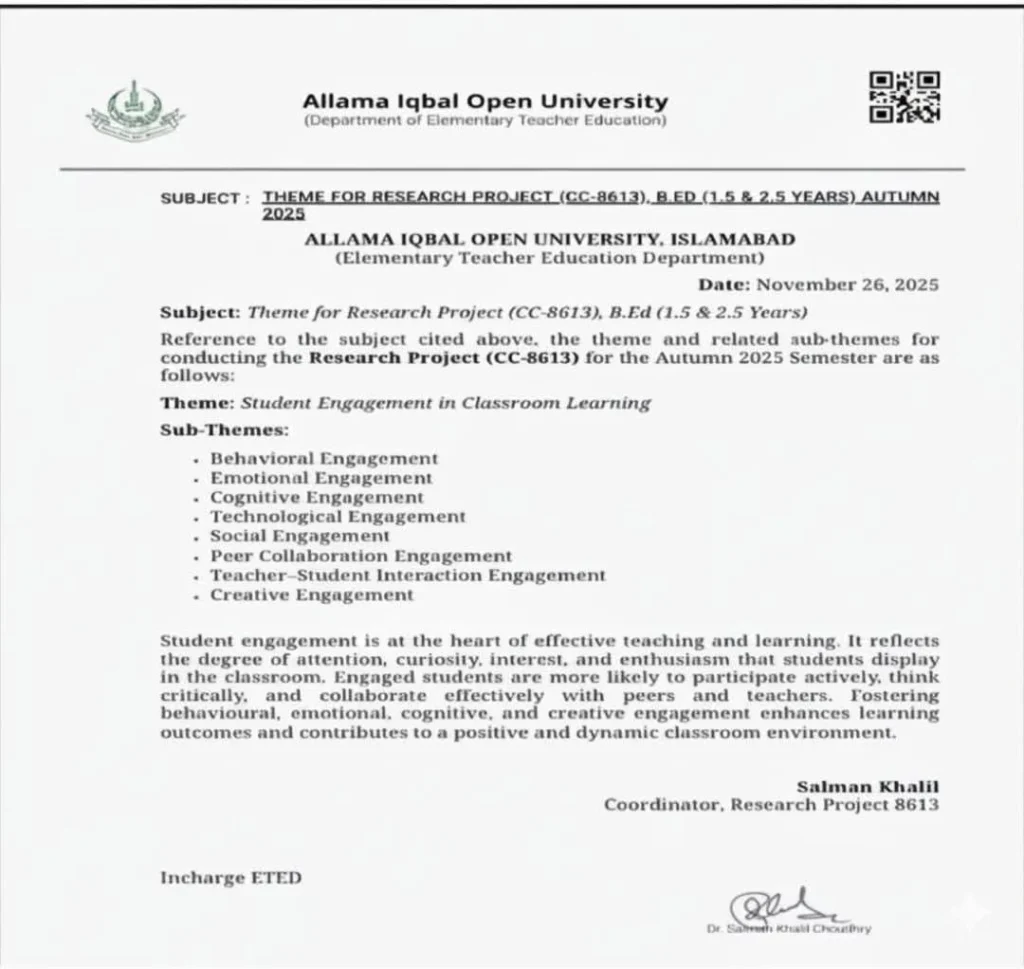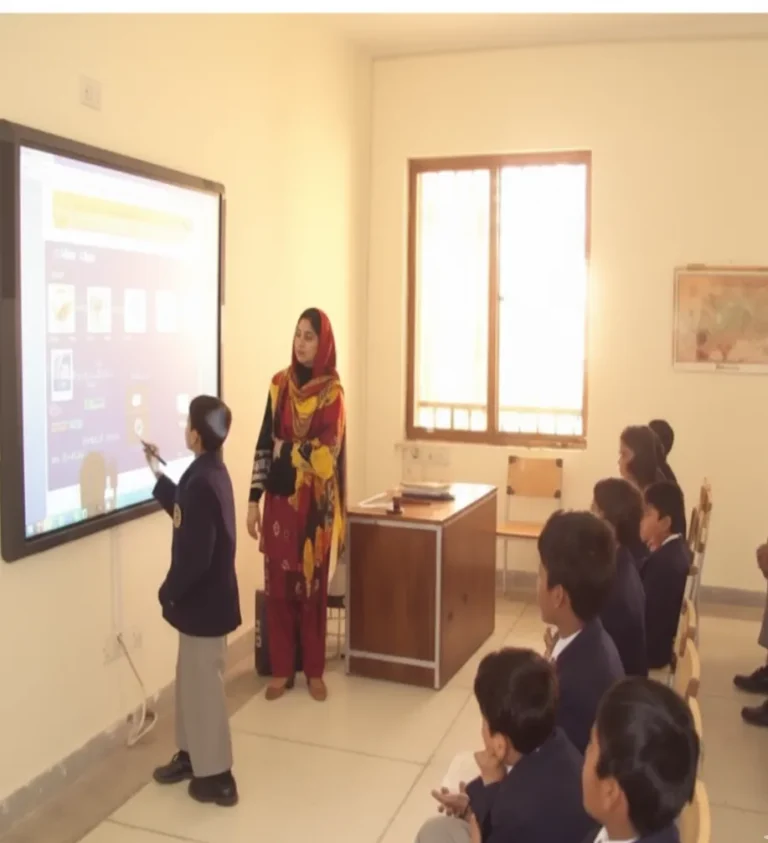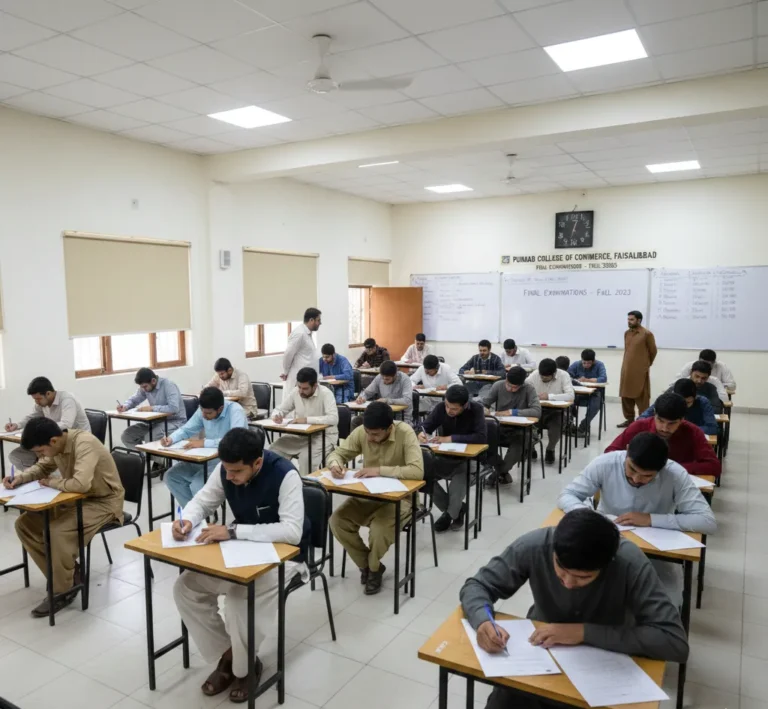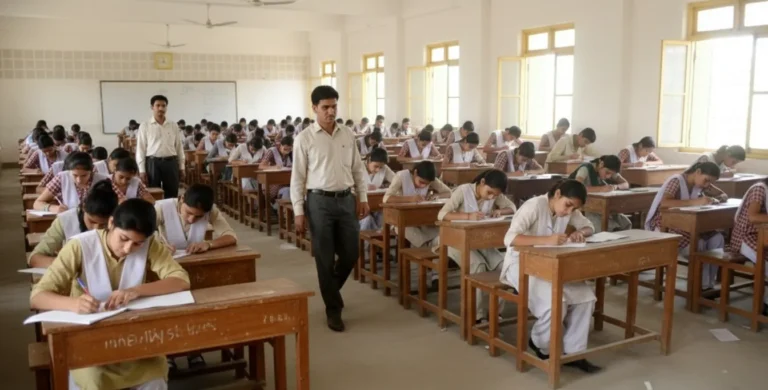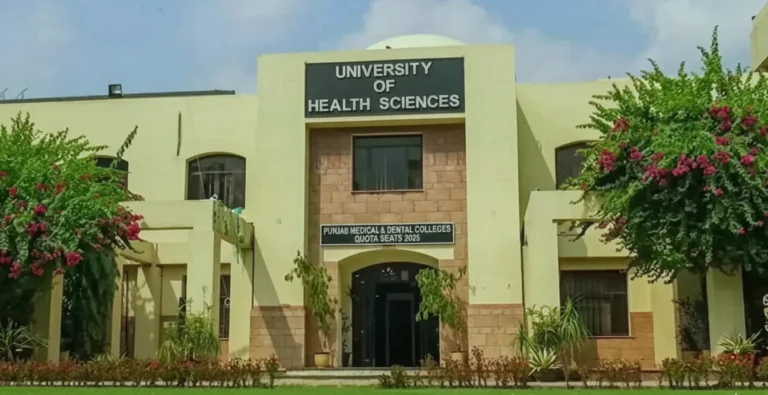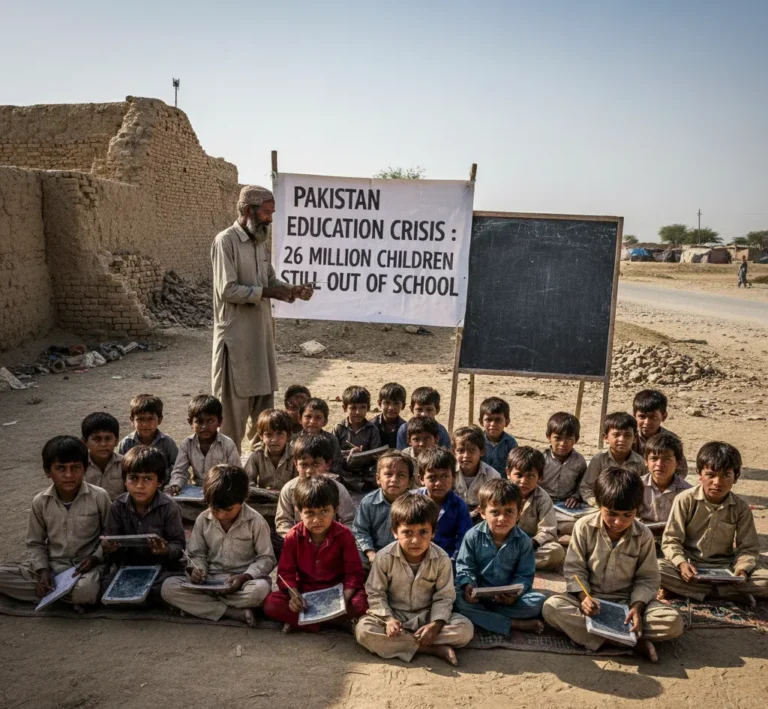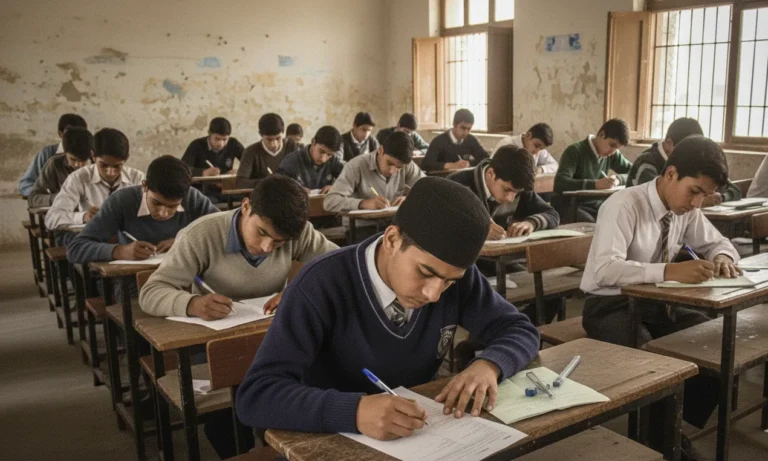Allama Iqbal Open University will announce the date sheet of autumn 2025 before 15 of Fabuary 2026. Allama Iqbal Open University (AIOU) in all regions students across Pakistan are preparing for the Autumn 2025 exams, which are officially scheduled to start from the beginning of March 2026 my be from 2 march. With the exam date sheet being eagerly awaited, and academic pressure increasing every day and for student, it’s essential to stay updated with the latest AIOU exam updates. Whether you’re studying for BA, B.Ed, MA, or any other program, this blog will guide you through the AIOU Autumn 2026 exam date sheet, solved assignments in PDF and handwritten formats, and how to use the LMS portal and CMS portal for best preparation.
At solvedassignmnentsiou.com, we are committed to helping students succeed by providing timely exam updates, downloadable date sheet PDFs, and high-quality solved assignments that boost your confidence and exam readiness.
AIOU Exam Date Sheet Autumn 2025 exepeted — Download PDF & Stay Updated
Student should alert for exams of autumn 2025 one of the key steps in your exam preparation is checking the official AIOU exam date sheet Autumn 2026 but keep in mind to submit or uplaod your assignments of autumn 2025. The exam of Autumn 2025 date sheet AOUU lists all your course codes and subjects, exam dates, times, and paper codes, so you know exactly when each subject will be held. Since the AIOU Autumn 2026 exams are starting from March, students should start organizing their study plans around the date sheet as soon as it is released.
At solvedassignmnentsiou.com, we provide the AIOU Autumn 2026 exam date sheet PDF soon after the official release. You can easily download the date sheet and save it on your phone or computer. Our site also shares all important exam updates, so you never miss an announcement from the university.
The exam date sheet is indispensable for planning your studies, so make sure you check solvedassignmnentsiou.com regularly for the latest date sheet updates.
Solved Assignments — PDF & Handwritten Versions for AIOU Success
One of the most searched resources every semester is AIOU solved assignments. Assignments are a major part of your final grade, and having the right preparation material makes all the difference.
At solvedassignmnentsiou.com, we offer:
Solved assignments in PDF format — Easy to download and print for study anywhere.
Handwritten solved assignments — These look exactly like student work and are perfect for submission reference.
Important questions & answers — Covering long questions, short questions, and MCQs. Also you can downlaod unsolved guess papers form our site without any charges.
Updated content based on recent exam patterns.
Our solved assignments PDF & handwritten collections help students understand what type of answers examiners expect. When you use solvedassignmnentsiou.com resources, you gain clarity and confidence that significantly improves your overall performance in AIOU exams.
LMS Portal & CMS Portal — Your Official AIOU Resources
Alert and to stay on top of all AIOU updates, you must regularly check your LMS portal and CMS portal:
LMS portal: Check your LMS Portal reguralry here you will find study materials, assignment submissions, announcements, and course outlines. Always log in with your roll number and password to access the latest updates and resources.
CMS portal: The CMS portal gives you official updates on exam forms, fee submissions, exam date sheet updates, and notices from the university.
Many students miss important announcements simply because they don’t check their LMS and CMS portals regularly. Make it a daily habit — and don’t forget to visit solvedassignmnentsiou.com for summarized updates and quick downloads of anything you need.
Smart Preparation Tips for AIOU Autumn 2025 Exams
Here are some proven focus keyword-centered tips to help you prepare effectively for your Autumn 2025 exams:
Understand & follow your exam date sheet: Plan your revision schedule after downloading the AIOU exam date sheet PDF from solvedassignmnentsiou.com.
Use solved assignments wisely: Review both PDF and handwritten solved assignments on solvedassignmnentsiou.com to grasp essential question-answer formats.
Study with focus keywords: Pay attention to keywords like exam date sheet, solved assignments, PDF downloads, handwritten solutions, LMS portal, CMS portal, and exam updates — these will guide you in your search and learning.
Organize your study time: Stuy in touch with kashan academy with the exams beginning in March, create a timetable that covers all topics and leaves time for revision and mock practice.
Stay Connected with SolvedAssignmentsIOU.com for Latest Updates and news
As the Autumn 2025 AIOU exams approach, staying informed and well-prepared is your ticket to success. Remember to:
✔ Download the AIOU exam date sheet PDF from solvedassignmnentsiou.com.
✔ Get solved assignments in both PDF and handwritten formats contact us.
✔ Log in to your LMS portal and CMS portal daily for official notices.
✔ Follow study strategies that give you confidence and clarity.
For all the latest exam updates, date sheet PDFs, and solved assignments for every subject, make solvedassignmnentsiou.com your first stop this exam season!

